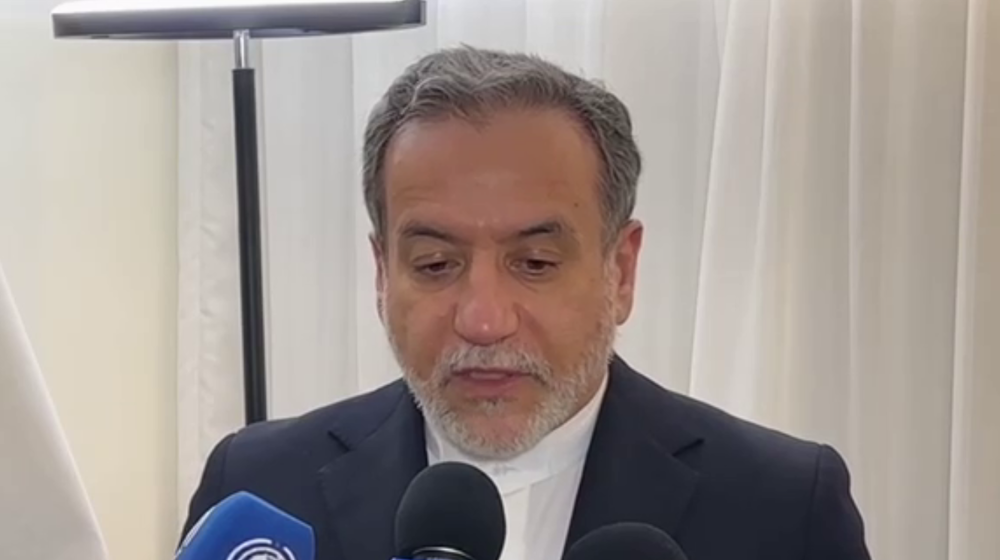
United Nations, September 28 (RHC)-- Iranian Foreign Minister Abbas Araghchi says that Washington is pressuring the United Nations Security Council not to condemn Israel's deadly aggression against Lebanon.
The top diplomat made the remarks to Iranian reporters during a recent emergency meeting on Friday in New York on the sidelines of the 79th session of the UN General Assembly.
“Unfortunately, due to the United States’ policy of preventing such meetings from reaching a conclusion, the Security Council still failed to make a decision at this meeting, too,” he said.
The Israeli regime escalated its attacks against Lebanon following the launch of Tel Aviv’s war on the Gaza Strip last October. The emergency meeting of the Security Council was called after the Israeli escalation took a deadlier turn, killing more than 700 civilians since Monday.
However, the Security Council failed to condemn the bloodletting through even a press statement amid Washington’s continued unconditional political support for the regime.
As part of the support, the U.S. has traditionally used its veto power and influence as a permanent UNSC member to prevent the Council from either holding the regime accountable or taking it to task for its atrocities.
The meeting, however, provided an opportunity for countries like Iran and Lebanon itself as well as Syria and Iraq to denounce the Israeli aggression, Araghchi added.
Elsewhere in his remarks, the Iranian official commented on an earlier meeting he held with his counterparts from the member states of the BRICS group of emerging economic powers.
“The role played by the BRICS should expand further across the international arena and the organization should turn into a hub, especially in economic matters,” he said, noting that all of the body’s members were willing to contribute to realization of the prospect.
“There are several countries that are willing to join the BRICS, and this shows that the organization is finding its place in the new world order.”
BRICS was formed by and initially consisted of Brazil, Russia, India, China, and South Africa, which collectively represent around 40% of the global population and a quarter of the world’s gross domestic product (GDP).
Iran became an official member of the BRICS at the beginning of this year alongside Argentina, Egypt, Ethiopia, the United Arab Emirates, and Saudi Arabia.
Other countries that have either applied for or expressed interest in becoming a member of the body include Algeria, Nigeria, Tunisia, Bolivia, Colombia, Cuba, Nicaragua, and Venezuela.

